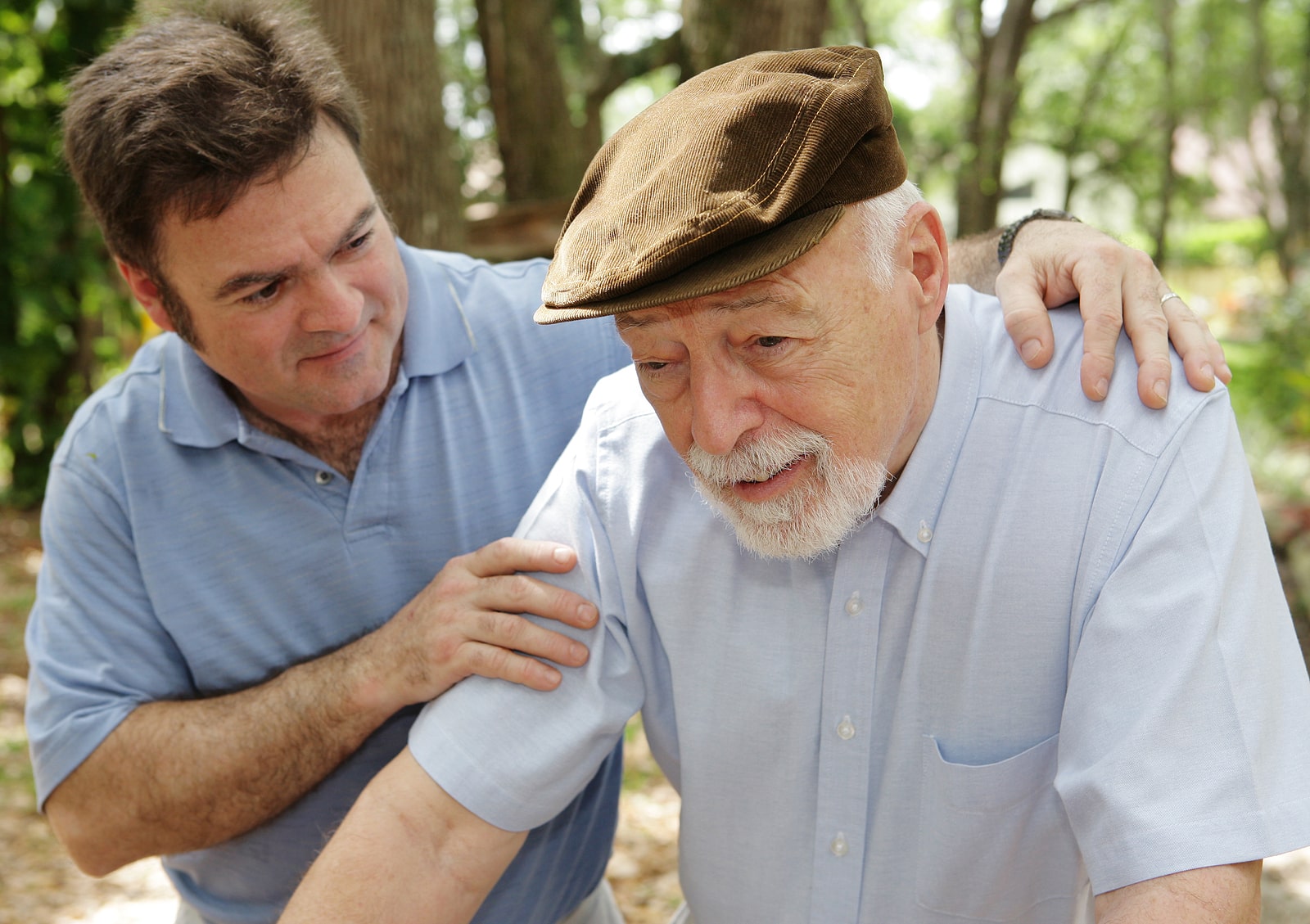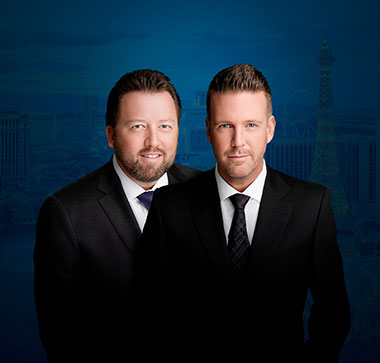Placing loved ones in a nursing home in Nevada is an extremely difficult decision. When loved ones get injured in a place meant to be safe, many people blame themselves for putting them in that position. However, many nursing home accidents are preventable and can be a result of the nursing home’s negligence.
Negligence is when an organization or person fails to exercise due care that a reasonable person would do in a similar situation. Nursing homes are aware that those they care for have more needs and are more vulnerable, and they must keep a higher standard of safety for their residents. It is unlikely that a nursing home will admit to neglect, and it is important to contact a nursing home abuse lawyer licensed in Nevada that can aide you in guiding you with getting the compensation you and your loved ones deserve.
What is Considered Nursing Home Negligence?
The Center for Disease Control defines nursing home neglect as “the failure to meet an older adult’s basic needs”. These include food, water, shelter, clothing, hygiene, and essential medical care. The National Center for Victims of Crime found that 15.3 percent of elder abuse complaints in nursing homes are for neglect. Nursing homes can exhibit negligence in many different aspects of operations, including with maintenance, staffing, supervision, and management. The following outline each of these areas:
- Maintenance: Many seniors admitted to nursing homes have issues with mobility. Poor maintenance can cause slip or tripping hazards and thus increase chances of injury. Some common issues can include broken flooring, torn and wrinkled carpeting, water leaks resulting in slippery or wet surfaces, loose or missing handrails, and lack of lighting. Nursing homes also have a duty to check for potential slip and fall hazards around their amenities. If the facility is aware of a hazard but cannot fix it immediately, they must post a warning sign or close the area off. Failing to address such hazards can result in legal liability, and victims may benefit from consulting slip and fall lawyers in Nevada to explore their options for compensation.
- Staffing: A 2020 study found that 20 percent of all nursing homes were understaffed. It is important that nursing homes are properly staffed with enough people on duty and trained and qualified personnel present. Many homes fail to do this, especially at night, which is in some cases, a violation of state/county laws. Short-staffed nursing homes mean that there are less people present to respond if medical incidents occur. Additionally, low staff means that there are less hands to assist with helping move seniors between rooms or to the bathroom which can then increase the chance of falls or injuries.
- Negligent Hiring Practices: Poor hiring practices fall under the category of staffing, and some nursing homes do not do proper background checks or hire unqualified caregivers. There have been cases of homes hiring unreformed former criminals as well as ex-drug abusers who are statistically more likely to abuse others. Major nursing chains are also guilty of this and there are cases where felons have been given the privilege to run homes.
- Supervision and Management: Poorly managed and supervised nursing homes is a breeding ground for abusers and their behavior can go unnoticed with a lack of oversight. A personal injury lawyer can help aide in identifying if poor management was a factor in your loved-one’s injury.
- Poor training: Supervisors must ensure that even after they hire qualified individuals, they provide some training to help get these new employees accustomed to the facility and subsequent care for the residents. Lack of training can lead to medication errors, mistreatment, and an array of other forms of negligence as noted below.
Common Signs of Elder Neglect
Knowing the warning signs of nursing home neglect can help identify an issue before it gets worse. The following are the most common symptoms of negligence:
- Bedsores
- Pressure sores
- Broken Bones
- Bruises
- Burns
- Dehydration
- Insomnia
- Malnutrition
- Personal hygiene Issues
- Extreme personality Changes
- Unexplained injuries
- New Medical Conditions
- Medical Conditions that worsen without explanation or are left untreated
Despite these warning signs, detecting negligence can still be difficult especially if your load one suffers from dementia, Alzheimer’s or any other condition which makes it difficult to articulate their side of the story. However, there are signs for the staff themselves that can help you identify negligence. This includes a general negative and unfriendly attitude towards visitors, patients, and caregiving. Additionally, if you notice that caregivers are administering ineffective or incorrect doses of a medicine for long periods of times, it may signify staffing or qualification issues. Lastly, if staff prescribe medication with excessive side effects or conflict with other medications you may want to consider assessing the home and personnel.
Nursing home negligence can result in severe harm to patients including emotional harm such as depression and suicidal thoughts. If you feel as though you loved one has been the victim of negligence, contact an Nevada injury attorney that can help guide you in the process of receiving justice.
[1] https://www.nursinghomeabusecenter.com/nursing-home-neglect/


